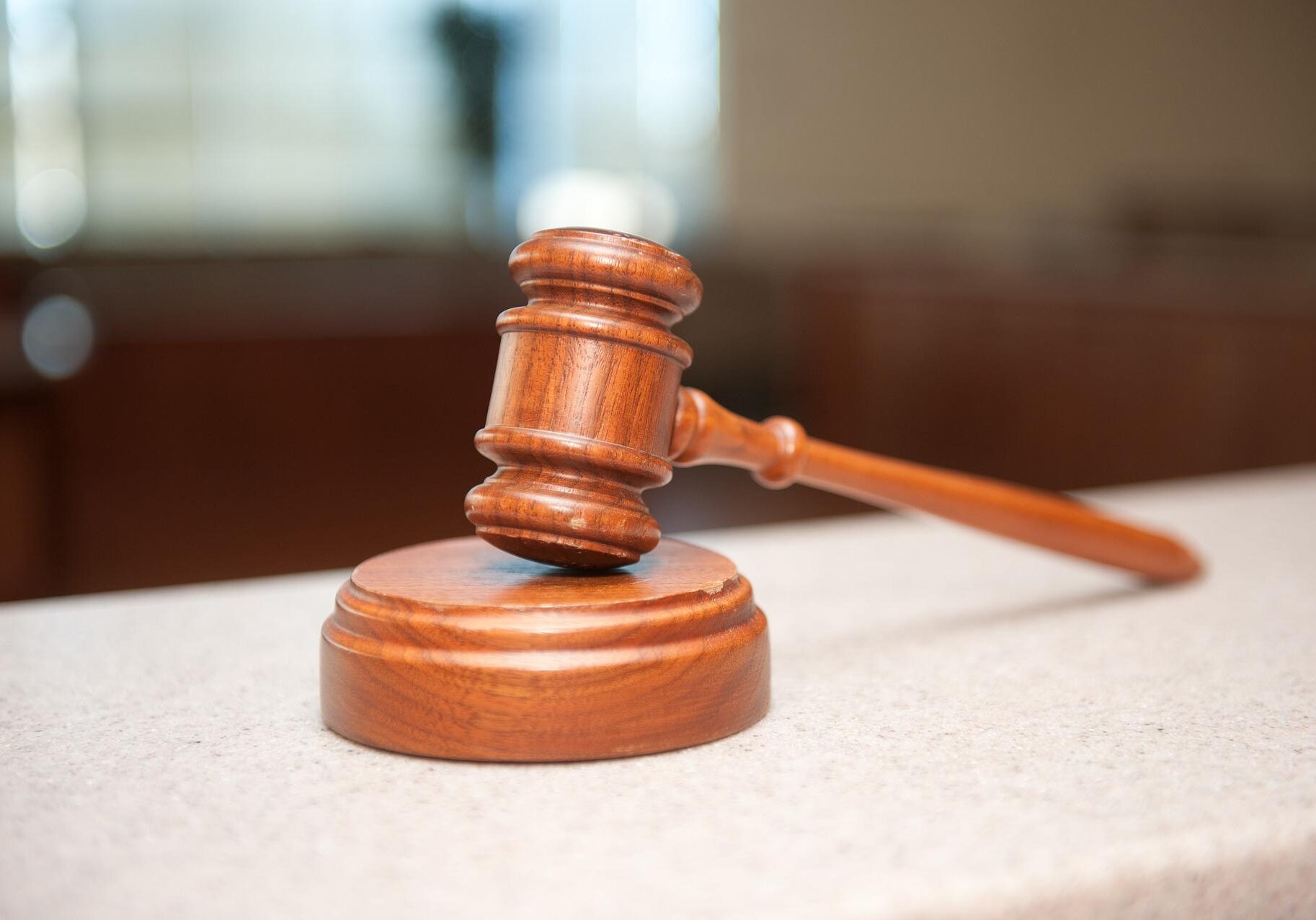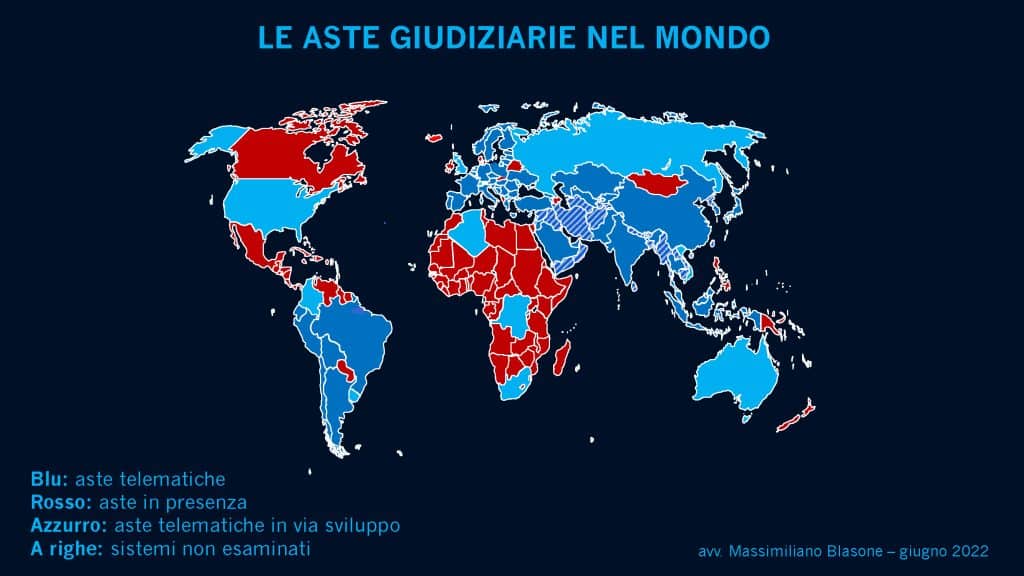About LEILA the European portal for telematic judicial auctions

It is a time of digital evolution.
The spread of the pandemic has given great impetus to the development of telematic court auctions around the world.
In fact, they have proven to be an appropriate tool to ensure the continuity of the operation of executive court systems and, at the same time, the health of people, avoiding the risk of contagion among bidders.
Between 2019 and 2021, the number of Council of Europe member states adopting this type of auction practically doubled.
Newer portals feature better graphics, simple ways to search for assets, and clear rules for participating in auctions, which are also often stated in English.
These factors have undoubtedly encouraged, especially in the real estate sector, the participation of foreign investors, laying the foundation for a new global market.
A comparative analysis shows that court systems that make use of online portals for the auction sale of foreclosed movable and/or immovable property have in common with each other not only the same purposes (better proceeds from the sale, shortening the time of procedures, combating corruption and disturbances) but also many elements.
All states, with the exception of Italy, use the same portal for both advertising and bid management. Only one portal (public or private) is almost always found for each state.
Bidders must register on the portal to submit their bids and be eligible to participate in the auction. Payments of both the security deposit and the price balance must always be made electronically.
It is also a constant in each state that telematic auctions are handled by specialized personnel, private professionals or public servants.
Despite the many points of connection, the industry is still fragmented nationwide with a negative impact on potential cross-border buyers and the value of the selling price. In fact, the rules governing the conduct of the auction in the various states are substantially different from each other, many portals report indications and rules only in the local language, and there is never any provision for the user to find information regarding auctions in other states, let alone participate in them.
In addition, the various portals are indexed differently on search engines, have different names, do not have a uniform appearance, and do not even use the same criteria for searching assets.

To remove these barriers, in 2021 the European Union launched a project to build an international multilingual portal, called LEILA, to which portals dedicated to judicial auctions in seven member states will be interconnected.
LEILA will enable the search of judicial auctions-both telematic and in-person – but will not be able to be used as a tool for their management.
At first it will be connected to the Italian Public Sales Portal and its counterpart in France, Croatia, Portugal, the Czech Republic, Lithuania and Latvia, with the option for other member states to connect at a later date.
The European Union’s objectives with LEILA are many: to increase the competitiveness and efficiency of judicial auctions, to provide a single, multilingual and up-to-date search engine for assets for sale at European judicial auctions, and to make verified and correct information available to interested parties.
Access to the portal will be free of charge and will allow users to select their language before availing themselves of the various search criteria available.
The results will be displayed on a map-for real estate-and also on a list with basic property directions. It will also be possible to take specific information, again in the opted language, on how to participate in the auction of the selected asset and, in case of actual interest, the user can be directly redirected to the national portal to continue from there should he or she wish to bid.
LEILA, in conclusion, represents the first attempt at international cooperation in the field of judicial auctions at the European level.
However, in order to enable the full development of this new global marketplace, it will also be necessary for us to take further steps in the direction of harmonizing national standards (e.g., by introducing Guidelines addressed to states or a Global Code) and to introduce a uniform international method for enabling electronic bidder identification. But that is another story or rather another digital challenge.